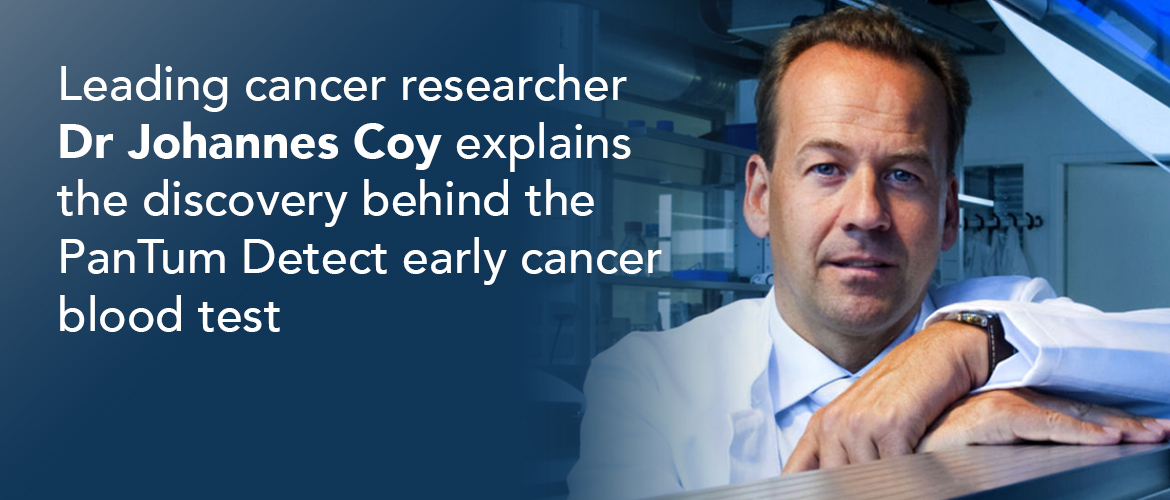
Jun 21, 2021 | News, Diagnostics Activity
Breast cancer is the most common cancer in the UK, with around 12,000 women diagnosed with the condition every year. Unfortunately, this week an analysis of NHS England figures by Cancer Research UK has found that around 10,600 fewer women started treatment for breast...

Jun 14, 2021 | News, Diagnostics Activity
Did you know 14th – 20th June 2021 is cervical screening awareness week? Cervical screening, also known as a smear test, is used to check the health of the cervix. It’s also the primary method used of detecting abnormal cells early, before they develop into cancer....

Jun 7, 2021 | News, Diagnostics Activity
In some parts of the world, May is National Cancer Research Month – a month dedicated to highlighting the importance of lifesaving research into the devastating group of diseases collectively called cancer. Cancer affects millions of people across the...

Jun 1, 2021 | News, Diagnostics Activity
This week we were shocked by news of a new study in the Middle East. This study has found that young people across the UAE and Saudi Arabia are four times more likely to be diagnosed with cancer than their counterparts in the U.K and United States. We know that...





